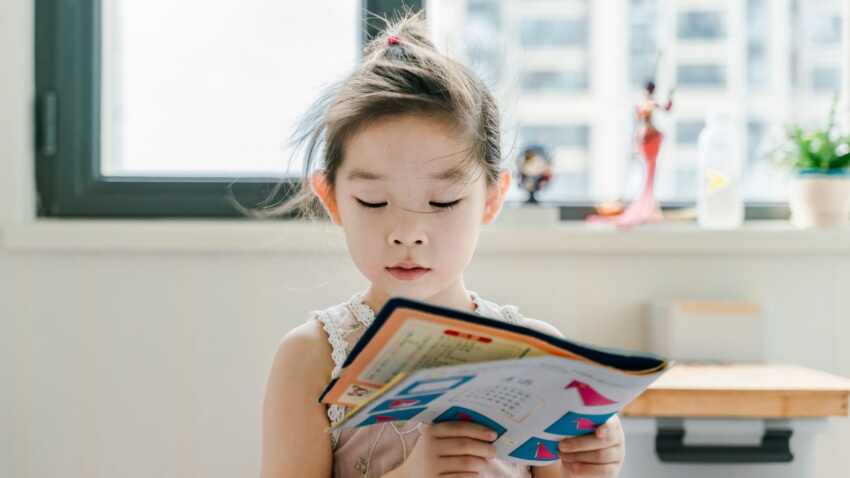Education is constantly evolving, and it is essential for teacher training programs to adapt and meet the needs of today’s students.
Education is constantly evolving, and it is essential for teacher training programs to adapt and meet the needs of today’s students. Students today belong to a changing generation that is exposed to technology, instant information, and various modes of communication. To effectively engage these students in the classroom, teachers need to receive training that aligns with the characteristics and preferences of the modern generation.
Understanding the Modern Generation
Today’s students are referred to as “digital natives” due to their exposure to technology from a young age. They have grown up immersed in a digital environment where smartphones, tablets, and laptops are an integral part of their daily lives. As a result, they have developed different learning styles, prefer interactive and visual content, and have shorter attention spans.
Implementing Technology in the Classroom
One way to engage today’s students effectively is to incorporate technology into the classroom. Teacher training programs should equip educators with the necessary skills to integrate technology into their teaching methods. This can range from utilizing educational apps and online resources to incorporating multimedia presentations and virtual reality experiences. By embracing technology, teachers can create a dynamic and interactive learning environment that caters to the needs and preferences of their students.
New Pedagogical Approaches
Gone are the days when teacher-centered classrooms were the norm. Today’s students thrive in student-centered learning environments that encourage collaboration, critical thinking, and creativity. Teacher training programs should introduce educators to innovative pedagogical approaches such as project-based learning, flipped classrooms, and personalized learning. These methods empower students to take ownership of their education and foster a deeper understanding of the subject matter.
Cultural Sensitivity and Inclusivity
In a diverse and multicultural society, it is crucial for teachers to be culturally sensitive and inclusive in their teaching practices. Teacher training programs must emphasize the importance of creating an inclusive classroom environment that respects and celebrates diversity. This includes providing educators with strategies to address cultural differences, accommodate individual learning needs, and promote cultural awareness among students.
Emphasizing Soft Skills
In addition to academic knowledge, the modern generation requires a set of essential skills to thrive in the 21st-century workforce. These skills, often referred to as “soft skills,” include communication, collaboration, problem-solving, adaptability, and creativity. Teacher training programs should focus on equipping educators to embed these skills into their teaching methods. By cultivating these skills in students, teachers prepare them to succeed in their future careers and navigate the increasingly complex global landscape.
Adapting teacher training to meet the needs of today’s students is a critical step in preparing them for success in the modern world. By recognizing the characteristics of the changing generation and incorporating technology, student-centered approaches, cultural sensitivity, and soft skill development in teacher training programs, educators will be equipped to effectively engage, inspire, and cater to the needs of their students. It is essential that these training programs continue to evolve alongside the needs of the students to ensure that education remains relevant and impactful.
Nidhin
For More Details Call: +917510220582
